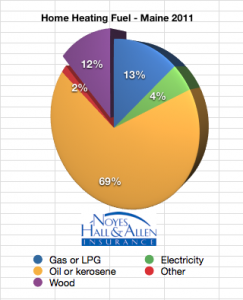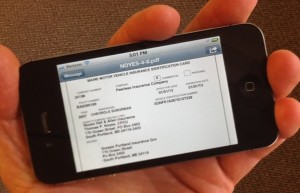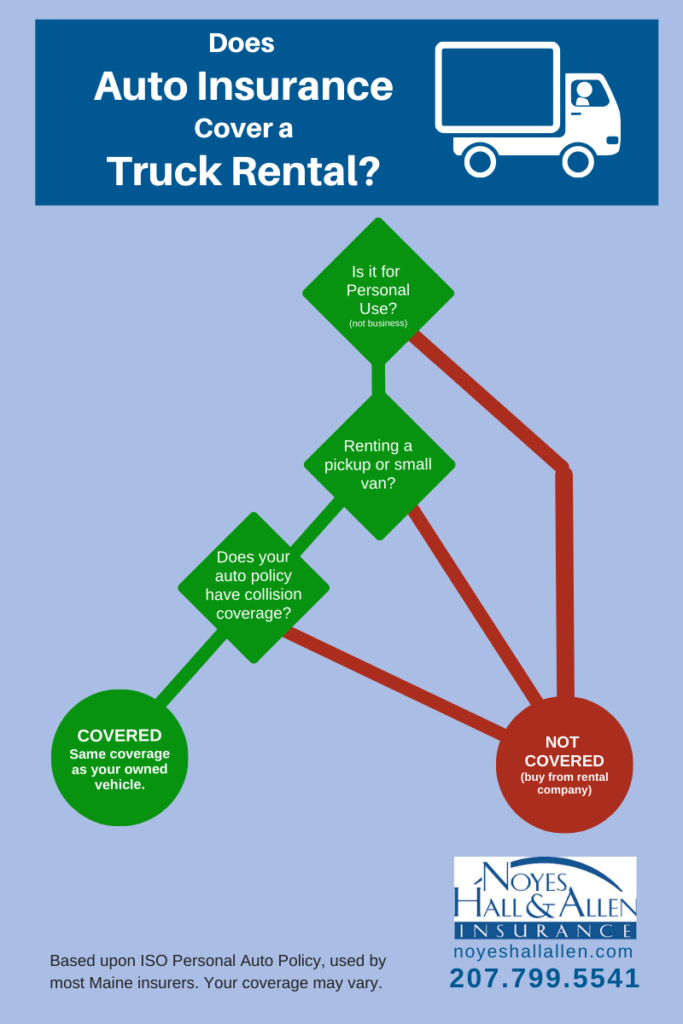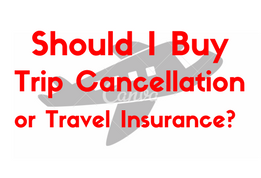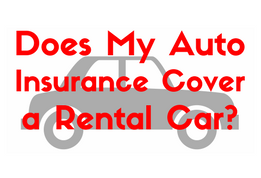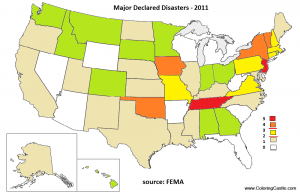If you report an insurance claim, your insurance company assigns a claims adjuster to settle your loss. The adjuster’s job is to pay insurance proceeds required by the terms of your policy. Depending upon the type, severity and location your claim, you might work with different types of insurance adjusters:
Staff Adjuster
A staff adjuster is an employee of the insurance company. There are two types of staff insurance adjusters:
- Inside adjusters are desk jockeys. They take statements over the phone, collect bills and documentation from you and anyone else involved in your loss or accident. The also gather information from police or fire officials, or your body shop or contractor. Though they may be hundreds of miles from you, they are often familiar with the area they are assigned to and the local retailers and repair shops.
- Outside adjusters work in the field. They handle claims that require physical inspection. Outside adjusters specialize in auto, property or liability claims. Auto specialists are sometimes called appraisers. Many are trained in auto body repair techniques (or have repair shop experience), and work closely with body shops to agree on the repair cost for your vehicle.
Independent Adjuster
An Independent Adjuster (IA) is NOT an employee of the insurance company. Most are small business owners contracted by insurance companies to settle your claim when your insurance company does not have staff available. IA’s have a lot in common with independent insurance agencies. They often live and work in your area, and represent multiple insurance companies. Many independent adjusters are former insurance company staff adjusters. In order to be re-hired by an insurance company, an independent adjuster must provide excellent service to you, while keeping track of different insurance company policies and procedures.
Paid by Insurers
Both staff and independent insurance adjusters are paid by the insurance company; their job is to guide you through the (hopefully) unfamiliar process of claim settlement, and to pay you and others what’s fair. The claim adjuster job attracts empathetic people who enjoy helping others. After you’ve had one of life’s unpleasant experiences, they enjoy it when they see a smile on your face at the end of the process.
Of course, no insurance company wants to over-pay for a claim. They do monitor adjusters to make sure they are paying only what’s fair. But good adjusters know that an insurance company is defined by its claim payment reputation. Insurance companies that treat people with respect and fairness enjoy a good reputation; those with a tight-fisted one quickly lose favor, especially in the age of Social Media.
Your Insurance Agent: Your Claim Advocate
In our South Portland Maine insurance agency, most insurance claims go very smoothly: the company adjuster connects quickly with you, gathers the information they need, and settles your claim without complication. Sometimes, claims do go off track. You might be extremely busy and have trouble connecting with the adjuster. The circumstances of your claim might require more investigation. Or, you or your adjuster may have a question about coverage.
Your local insurance agent can be your claims advocate. We can’t create coverage where there isn’t any, but we can help make sure you get the settlement you deserve. We can also help both you and the insurance company reach agreement and settle your claim quickly and fairly.
If you have questions about Portland Maine business insurance or personal insurance, contact a Noyes Hall & Allen insurance agent at 207-799-5541. We’re local, independent and committed to you.


 If you want to be considered an independent contractor in Maine, you can either
If you want to be considered an independent contractor in Maine, you can either 